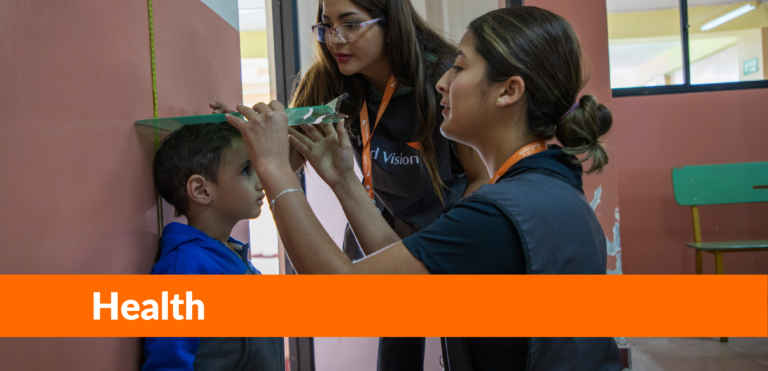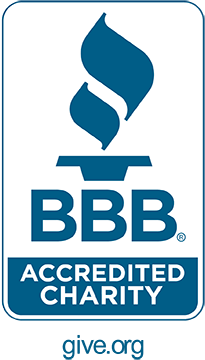Research & Publications
252 resources found

Integration of water, sanitation, and hygiene for the prevention and control of neglected tropical diseases: A rationale for inter-sectoral collaboration
Abstract: Improvements of water, sanitation, and hygiene (WASH) infrastructure and appropriate health-seeking behavior are necessary for achieving sustained control, elimination, or eradication of many neglected tropical diseases (NTDs). Indeed, the global strategies

Impact of mass distribution of insecticide-treated nets in Mozambique, 2012 to 2025: Estimates of child lives saved using the Lives Saved Tool
Abstract: Malaria was the leading cause of post-neonatal deaths in Mozambique in 2017. The use of insecticide treated nets (ITNs) is recognized as one of the most effective ways to reduce malaria

Faith leaders improve Healthy Timing and Spacing of Pregnancy: Results of operations research on the Channels of Hope methodology in Kenya and Ghana
Abstract: Family planning averts unintended pregnancies, unsafe abortions, and maternal deaths, while improving child health and socio-economic progress, but an estimated 218 million women and girls in low- and middle-income countries, especially

Effectiveness of a new long-lasting insecticidal nets delivery model in two rural districts of Mozambique: A before–after study
Abstract: In 2015, Mozambique piloted a new model of long-lasting insecticidal nets (LLINs) delivery in a campaign. The new delivery model was used in two rural districts and two others were considered

DREAMS Innovation Challenge endline report
The DREAMS Innovation Challenge (DREAMS-IC) program was a three-year cooperative agreement funded by the U.S. Department of State through Office of Global AIDS Coordination (OGAC). DREAMS-IC is managed by JSI Research &

Context-acceptability theories: Example of family planning interventions in five African countries
Abstract: Family planning (FP) can lengthen birth intervals and potentially reduce the risk of foetal death, low birthweight, prematurity, and being small for gestational age. Effective FP is most easily achieved through

Context-acceptability theories: Example of family planning interventions in five African countries
Abstract: Family planning (FP) can lengthen birth intervals and potentially reduce the risk of foetal death, low birthweight, prematurity, and being small for gestational age. Effective FP is most easily achieved through

Beyond the building blocks: integrating community roles into health systems frameworks to achieve health for all
Abstract: Achieving ambitious health goals-from the Every Woman Every Child strategy to the health targets of the sustainable development goals to the renewed promise of Alma-Ata of 'health for all'-necessitates strong, functional

Behavior change communication model enhancing parental practices for improved early childhood growth and development outcomes in rural Armenia
Abstract: The latest evidence demonstrates the importance of nurturing care from conception to lay a strong foundation for children's cognitive, socio-emotional and physical well-being. The interventions enhancing parental practices in children's health




